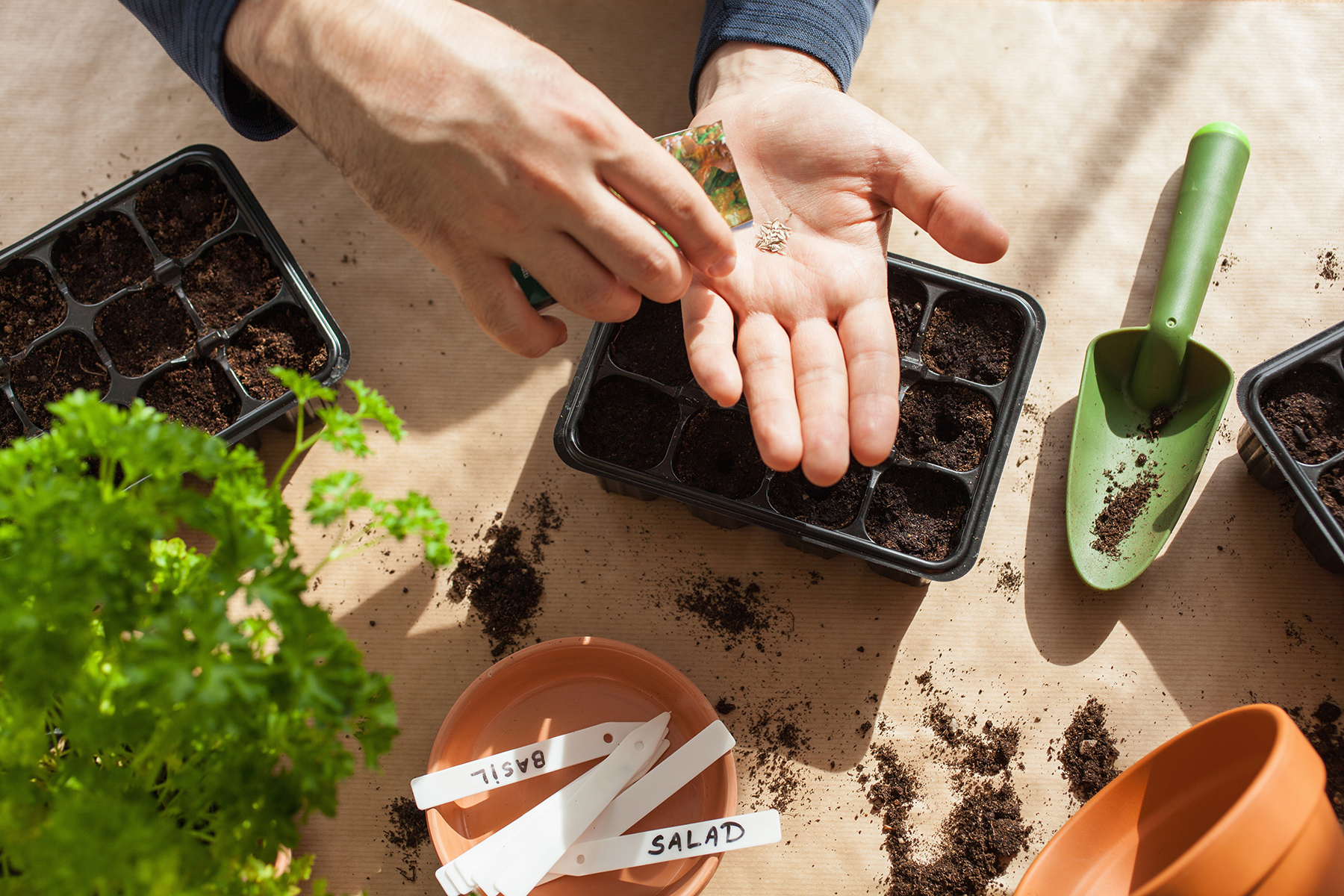COVID-19 is certainly changing our lives in many ways. Hopefully most changes will be temporary and get us through and beyond the pandemic. However, I see a change in our lives that might be a permanent silver lining to this pandemic — the interest in growing one’s own food to supplement the temporary shortages in our markets. Families may form new bonds as they plant gardens together and raise chickens and other farm animals in their quest to keep their food supplies more stable.
We may discover growing our own food provides us not only with a fulfilling lifestyle change, but also with an opportunity to grow food with more nutrient density than we thought possible. This in turn can lead to stronger immune systems and overall improved health for our families, friends, and neighbors. To illustrate, let’s examine how our farmland (and now our suburban gardens) have been treated in modern agricultural times.
The land we propose to grow our own food on has been mined or depleted of minerals for decades. The mining of farmland occurs when we grow crop after crop, year after year, decade after decade, without returning to the land any of the nutrient minerals the crops take up. The Phosphorous, Sulfur, Calcium, Magnesium, Potassium, Sodium, Boron, Iron, Manganese, Copper, and Zinc the crops take up, are removed from the soil and go out the farm gate. This is good because those mineral nutrients in the food are essential to the health of all humans. But if we don’t return to nature what we took, we have essentially depleted her gift to us.
Traditional western agriculture has focused on the addition of those elements that provide the greatest growth response, NPK (Nitrogen, Phosphorous, and Potassium). NPK ensures high yield and bulk (weight is how we are paid as farmers) but returning only NPK does not ensure the nutrient density of the crop. Sure, we have returned plenty of Phosphorous and Potassium with the application of NPK fertilizers. But there are nine other nutrients we have been neglecting for decades, without which we cannot have nutrient dense food.
If it’s not in the soil, it can’t be in the food. Adding compost and manure to our garden builds necessary organic matter in the soil. However, if the compost and manure don’t contain optimum levels of the eleven minerals listed above, the food we grow will not be as nutritious as that consumed by our ancestors (before our soils were depleted of those minerals).
As we embark on this new journey to grow our own food, we have the opportunity to produce the highest quality, most nutrient dense food possible by adding optimum levels of minerals to our garden soil. The benefits extend well beyond more nutritious food crops. Optimum mineral balance increases the retention of Carbon and Nitrogen. For example, without adequate Sulfur, the Carbon in the soil will off-gas into the atmosphere as Carbon dioxide. Additionally, much of the ammonia Nitrogen generated from the breakdown of organic matter will off-gas and be lost. By amending the soil for optimum mineral balance, you’ll be protecting the environment by keeping Carbon dioxide out of the atmosphere. Additional benefits include improved soil tilth and water retention, enhanced biological activity, natural disease and pest resistance, reduced dependence on chemical pesticides, and increased yields just to name a few.
A mineral balanced soil will enhance the gardening and farming experience and produce what we all are hoping for – the best tasting, and nutritionally balanced food.


